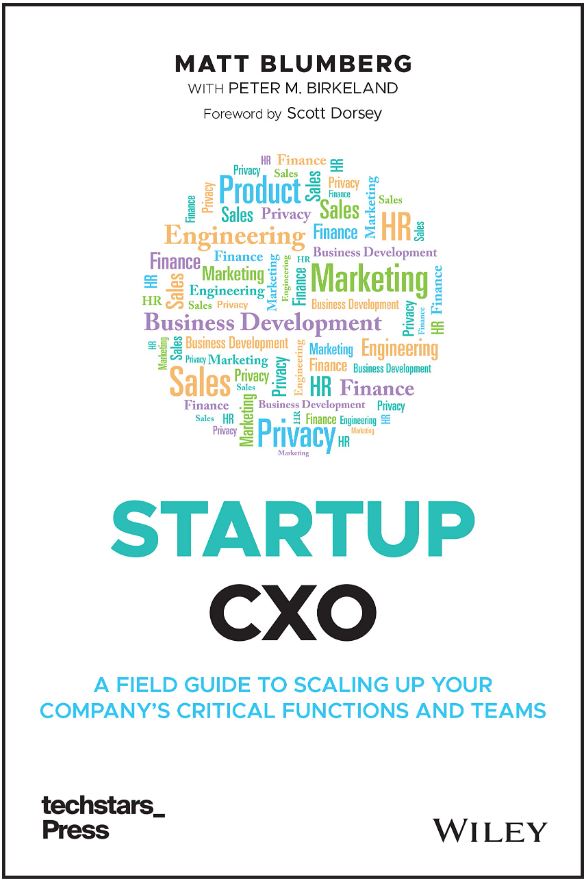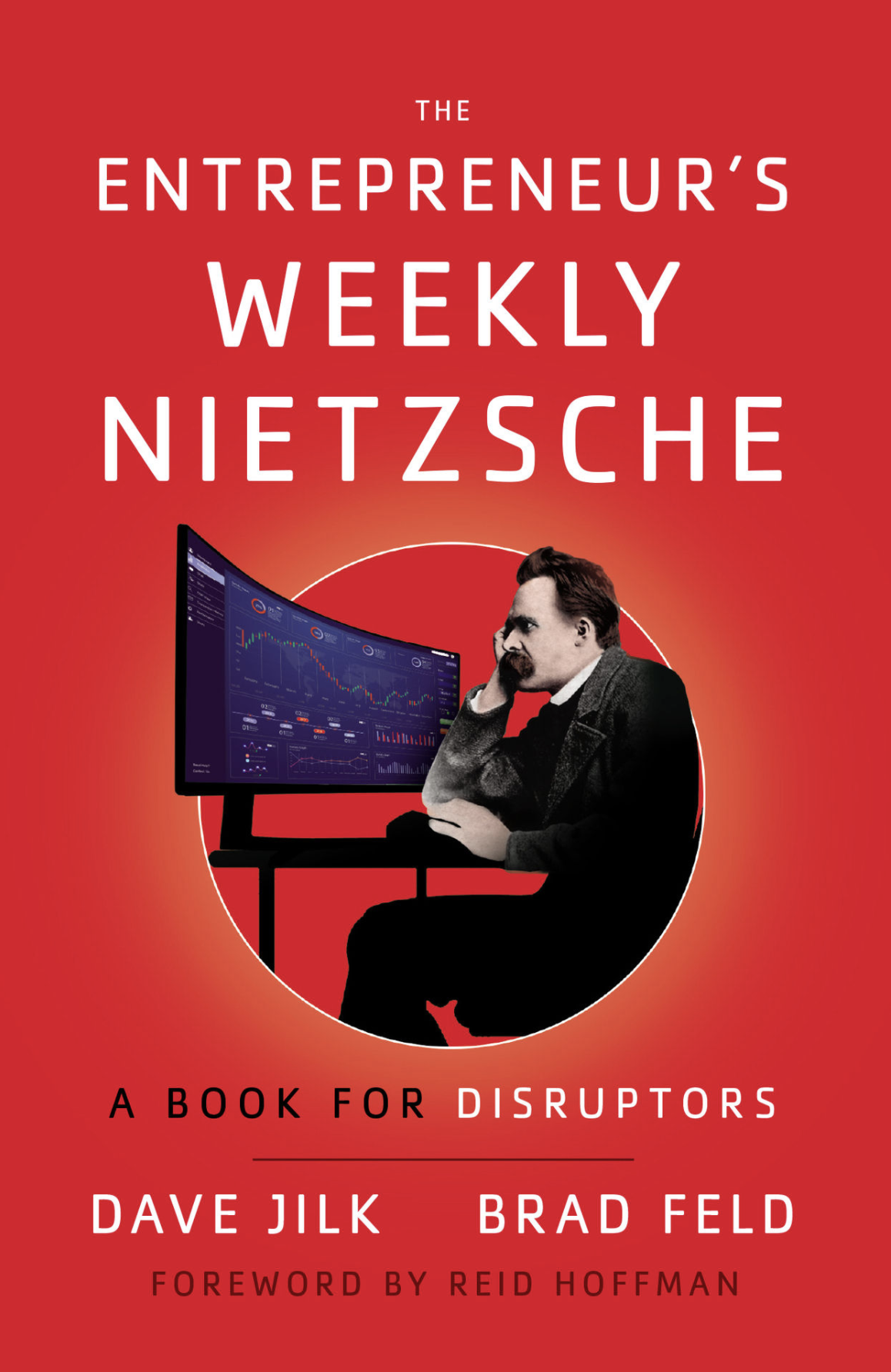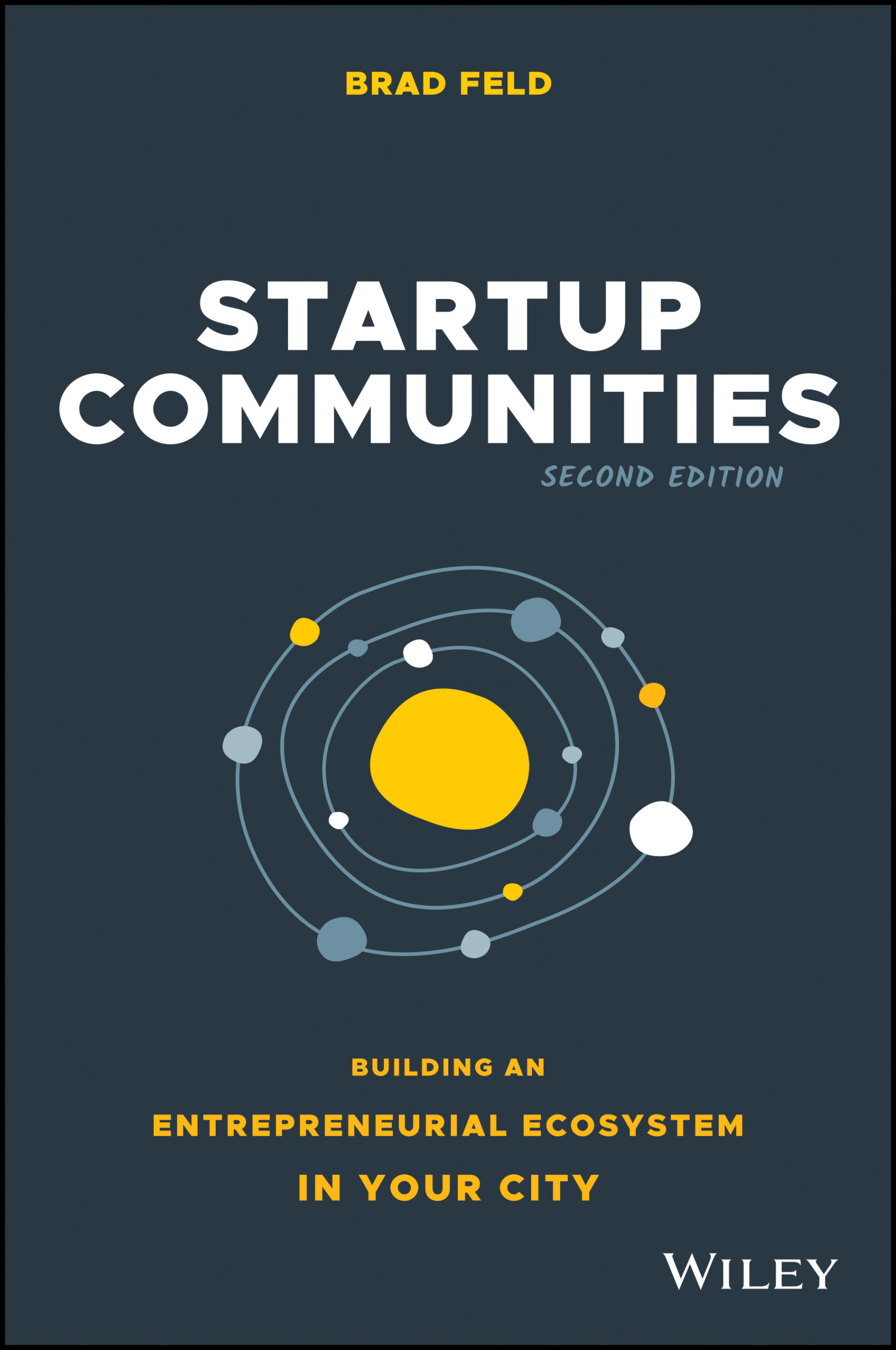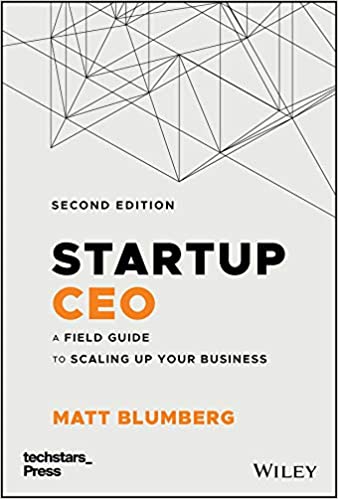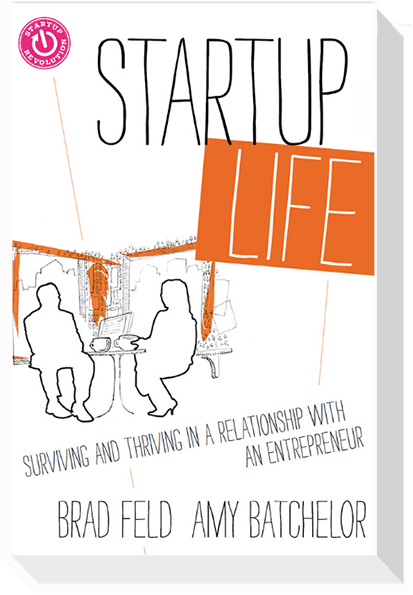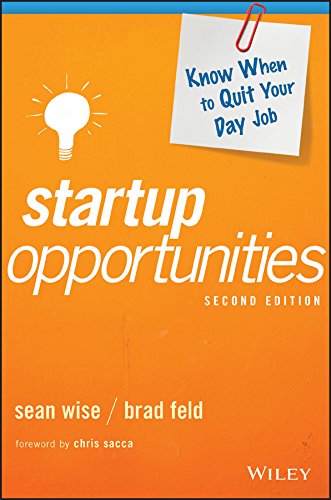Part 4 Of Enjoying The Ride: It’s Not All About You
Guest Post By Marc Barros – One Entrepreneur’s Perspective – (Blogger)
“…You go through a lot. Physically, mentally, and so the friendships that are made in the big wave lineups run so deep…we love one another with the most respect that you could. ” ~ Greg Long (big wave surfer)
Relationships. The most volatile, unpredictable, but important part of the company you build. Unless you want to build a one-man show and sit in a closet, people will become incredibly important to your success.
And I’m not just talking about employees, I’m talking about all the relationships around your business. The army of people you need to influence to believe in your vision, your products, and your leadership. I’m talking about editors, investors, employees, vendors, suppliers, retailers, family members, lawyers, strategic partners, athletes, customers and anyone who takes an interest in what you are building. All of them need to believe for you to create a successful company.
When you start, it’s easy to ask for help. If you are persuasive enough you may even find it easy to convince people to join, invest, purchase, etc. Your decision to constantly put the business in front of these relationships will always feel like the right thing to do. And for a long time people will put up with it, until they won’t. Once they believe your concern for them is shallow and that the only time you call is when you need something, their desire to help will be replaced with frustration, disenchantment, and even anger. People can sense if you aren’t genuine and your actions always speak louder than your words.
Changing this dynamic is hard, especially when it feels like you are short on time and energy to give yourself to everyone. Putting people first requires an incredible amount of vulnerability and a level of commitment that is more tiring than keeping everything surface deep. But what I can promise you is when you start putting people first the relationships get better. You begin to appreciate what you have and enjoy everyone for more than what they can do for the company.
Unintentionally, I know I burned a lot of relationships along the way. I was constantly battling with how much to give as I pushed forward with business first, people second. I figured that people would understand when I did what was best for the business in place of what was best for them. It is true that you will have to make very hard decisions about people, decisions that haunt your dreams and make your stomach turn inside out. And it’s also true that no matter how much you commit to them people may hate you when you let them go. Relationships you thought would last a lifetime are ended in seconds, and that hurts.
At the end of the day, when the dust settles and your time with your company is over, you will realize that all you have are these relationships. How you treated them is all that they will remember. And the memories you shared is all that you end up taking with you.
Appreciating people is hard, but it’s worth it. It makes the ride so much better.
The following is a short guide to help you appreciate the relationships around you so you can better enjoy the ride.
Value People’s Time
You are running a business. A business that does need to generate revenue, profits, or investment capital to stay alive. That oftentimes needs you to make very hard decisions that you hope will keep the company alive to fight another day. Casualties along the way will happen, but it doesn’t mean people have to think you don’t value them.
One of the hardest lessons I learned was to value people’s time. I was always over-scheduling myself and justifying why being a few minutes late was okay, but don’t do it. There’s nothing more frustrating than starting a meeting late or waiting for someone to arrive when they asked for your time. Be early and prepared for the meeting and do the other person a favor by requesting the meeting days in advance along with a short agenda of what you want to talk about. Sure, some meetings need to happen the same day, but giving people a heads-up goes a long way. A surprise attack meeting from the CEO never goes well.
Once you have people’s attention don’t waste it. Be direct in your communication. Ambiguous, passive-aggressive communication is awful, especially in tough conversations that no one wants to be having. A direct approach may initially hurt people’s feelings, but they will appreciate your honesty. Not knowing where you stand or not knowing where they stand makes the relationships awkward, at best. Even if you need more time to think about a subject, tell them that. You aren’t expected to have every answer at your fingertips. Thinking about things is perfectly acceptable and a much more thoughtful way to go. Just don’t forget to follow back up and let people know where you stand.
If people provide introductions, treat them with utmost importance. People are always afraid to introduce you to people they know because how you treat their friends will be a direct reflection on them. Being polite, on time, and direct with what you want to talk about, will go a long ways towards people sharing relationships that may help you. If people offer an introduction don’t be afraid to say no or say why a time in the future would be better. It’s better to know the introduction would not be helpful than to make it and have it linger in email eternity.
Lastly, be sure to say thank you. That can range from a handwritten card, to an email, to looking directly in their eyes and saying thank you. The more thoughtful your follow up is about what you are thankful for only helps in keeping friends who will continue to support you. People recognize that when you start, you can’t pay with money, so do everything you can to repay them with gratitude.
Be a Great Listener
It means you have to be present. Having your computer open, auto-updates buzzing in your pocket, or half thinking about something else means you aren’t giving people the attention they deserve. If you don’t have time for the discussion then don’t start it.
Getting good at listening takes real effort. Yes it’s hard to turn off all the extra thoughts floating around in your head, but the more you practice turning them off to really be present the better you will get at it. To be good at listening it starts with eye contact. People can tell when your mind is bouncing all over the place because your eyes will be doing the same thing. A friend once taught me the best way to make eye contact is to focus on one of the person’s eyes. It sounds creepy, but it will help your mind settle down and focus.
Then to actively listen you must be engaged with the speaker. It doesn’t mean you have to speak, but show enthusiasm. Show it in your face, your energy, and your body language. When it is time to respond, return the same energy they brought. Build up on their idea instead of tearing it apart.
Even if you are three steps ahead of the person presenting, it doesn’t matter. Telling them the answer or taking the pen out of their hand leaves a bad taste in people’s mouths. I used to do this all the time and the only person who felt good about it in the room was me. Sadly, a pen in my hand leading the discussion on the whiteboard was my way of listening.
In my recent time off I have been taking an improv comedy class. Partly to put myself in the most uncomfortable situations possible, but partly because the laws of improv are the core to great team building. If you ever watch great improv the acting team builds upon itself. The first rule of improv, “yes…and”, dominates the conversation as you take someone’s idea and add to it. You never cut it down or tear it apart. The conversation may flow in a different direction than you first thought, but as trust builds with the team you can take the initial idea and run with it. Something I look forward to being better at with the next company I build.
Being a bad listener is just being lazy.
Learn to Empathize
I’m sure we have all read the stories about Steve Jobs and his lack of concern for everyone else. If your creative genius is anything close to his then okay, maybe you can get away with it. But for the rest of us, learning to understand people from their perspective is critical to improving the relationships around us.
Empathy is the basis of great user research as you try hard to understand the problem from the user’s perspective. You are constantly putting yourself in the customer’s shoes and trying to understand what they are trying to do that they can’t do.
What makes empathizing so hard is it goes against our natural intuition, which is to convince people our point of view is right. Especially as entrepreneurs we spend so many hours defending, that we often fail at accepting another perspective and because we are so attached to our own point of view we often confuse it with our own identity. And so sometimes empathy can be very difficult because we get nervous that if we put ourselves in someone else’s shoes to see their (different) point of view we might lose part of our identity, we might lose part of our “Self.”
There are two scenarios I experienced a lot.
The first is something goes wrong. As a leader you will receive information that no one else will have. Often incredibly conflicting, it is easy to make assumptions based on all the opinions and lack of facts around you. But I challenge you to start with the people and not just ask them what happened, but understand it from their perspective. Put yourself in their shoes to understand how they approached the problem, the resources they used, how they are feeling about it, and really why the result is different than you expected. It may take several discussions to actually get down to the root cause, but it’s a much better approach than making an assumption about why.
The second is predicting what people will need. This is much harder and can take years of practice. The better you understand people around you, what motivates them, make them happy, or what they need, the better you can predict this. Providing solutions before they need them is like creating great products people didn’t even know they needed until they tried it. I have a very long way to go to get good at this.
Surfers do this in a very basic way. They look out for each other in the water. Like a brotherhood, they never give up helping a surfer in trouble, no matter how long it takes. Most of them have been there before and instantly they can understand what it’s like. An unspoken language many of us never experience in the business world.
Create Depth to the Relationship
As the CEO, your job isn’t to be friends with everyone. Often figuring out how far to go with each relationship is a constant battle. Yes, you want to build camaraderie with your team, investors, partners, etc. but you do need to make it clear where the line is.
With that in mind there is a lot more to life than just work. Often I was so focused on the company, it was the only thing I would think about and most of the time the only thing I would talk about. I loved talking to everyone about business and rarely drifted off to new subjects. It’s okay if you aren’t caught up on the latest pop culture, but you can talk to people about life outside of the company.
Getting to know what people are passionate about helps you be a better leader. Learning what motivates people, where they like to travel, what makes them happy, what they like to do when they aren’t slaving away to make the company stronger, etc. goes back to empathizing and helping you understand where people are coming from. You won’t get to know people by constantly being in meetings or by only connecting with them at happy hour. Learning about people can happen in small increments during the day, at social events, or even at lunch.
Lastly, please don’t ask about their life to just ask. If you don’t care or you don’t intend to care then just talk about business. People can tell when you don’t care or even worse when you don’t remember personal things they shared with you.
Conclusion
Building a great company is hard. Building it alone is depressing. Learning to put other people first is something I constantly battle with, but I believe it will not only make me a better leader, but more importantly it will make the journey so much more enjoyable. No different than the level of commitment surfers have in the water to protect each other, putting other people first will create relationships that last long beyond your company days.
Image Credit: Rickbucich via Creative Commons
 My Purpose
My Purpose
I am an entrepreneur. A creator. A builder. I want to build companies that make the world a better place, one product at a time. I have come to believe that if you let life unfold itself, you will experience it like never before.
Contour
My first start-up and therefore my first love. I co-founded Contour in a garage almost ten years ago and was fortunate enough to have lead the company from inception to a multi-million dollar business with hundreds of thousands of customers around the world. I am most proud of the award winning products we create, which are thoughtfully designed and incredibly easy to use. Contour.com
Contact Me
[email protected]
@marcbarros

